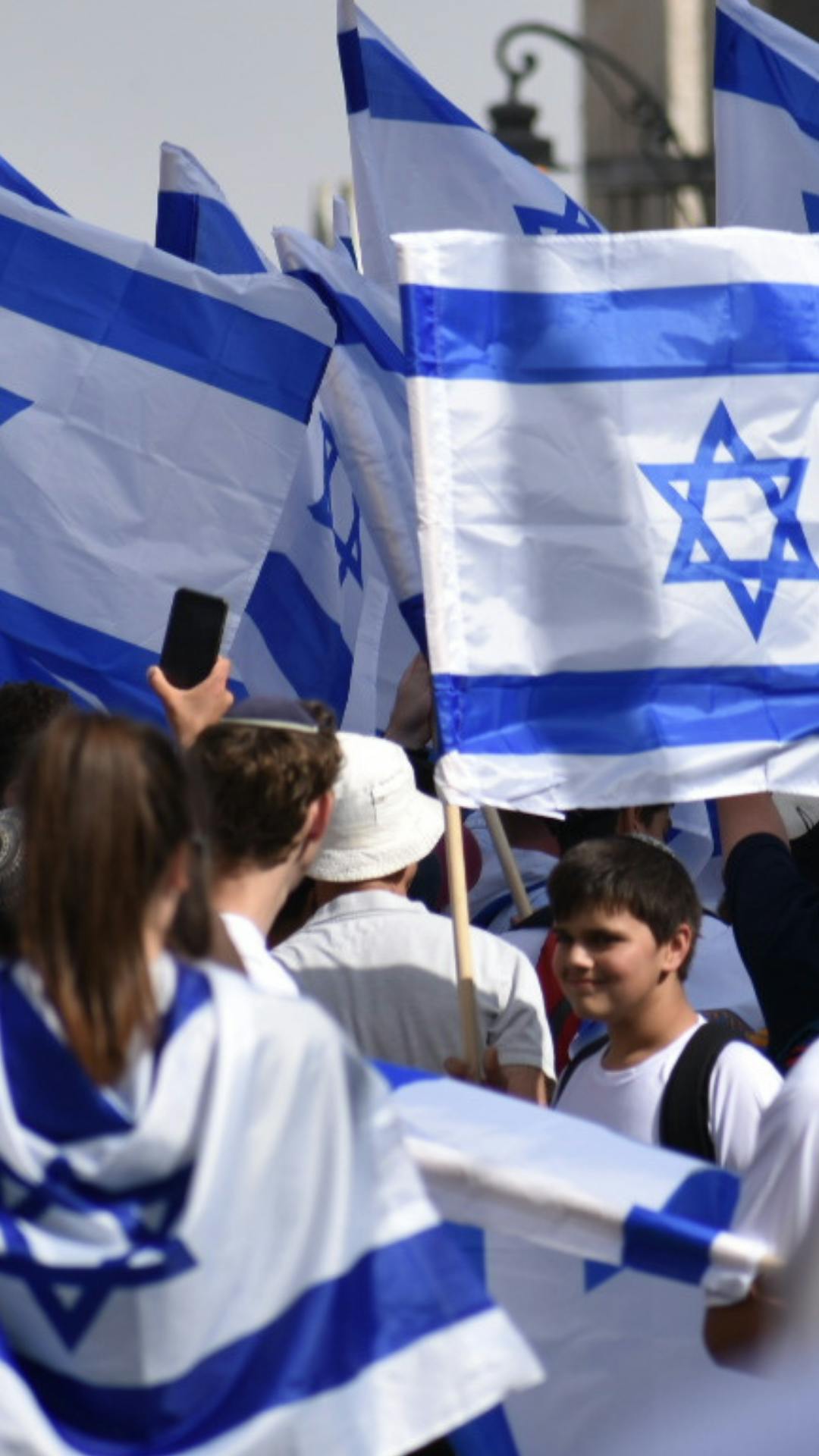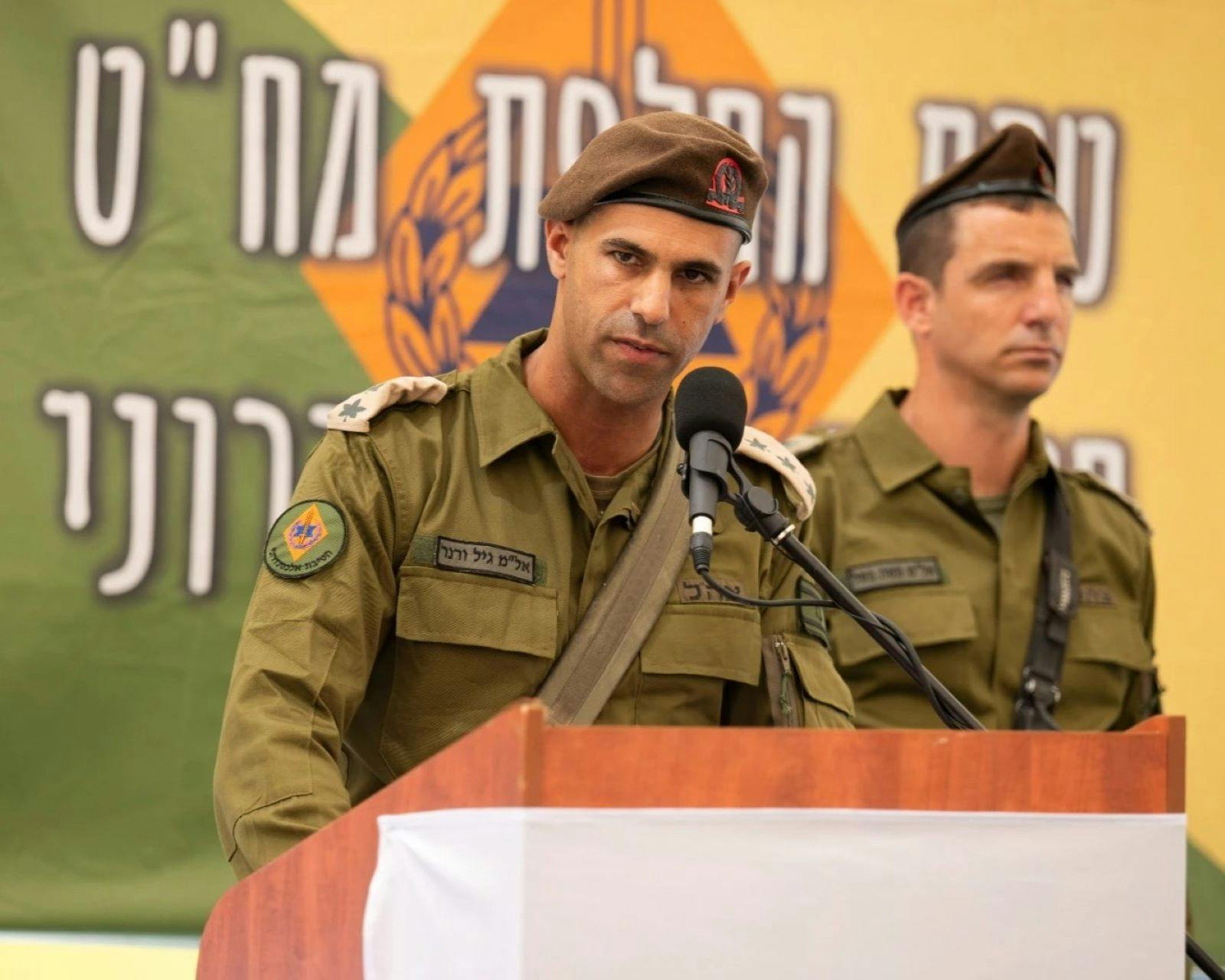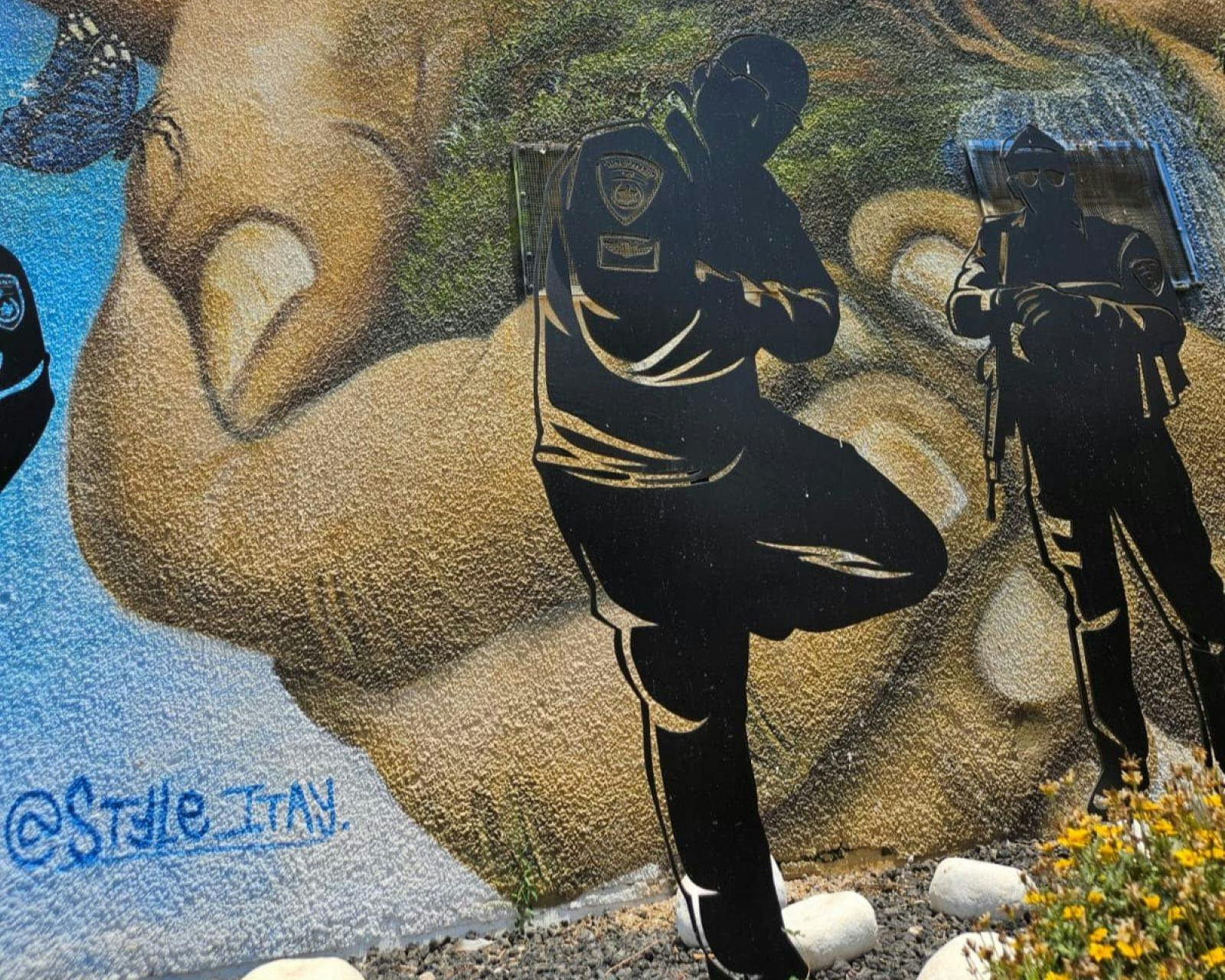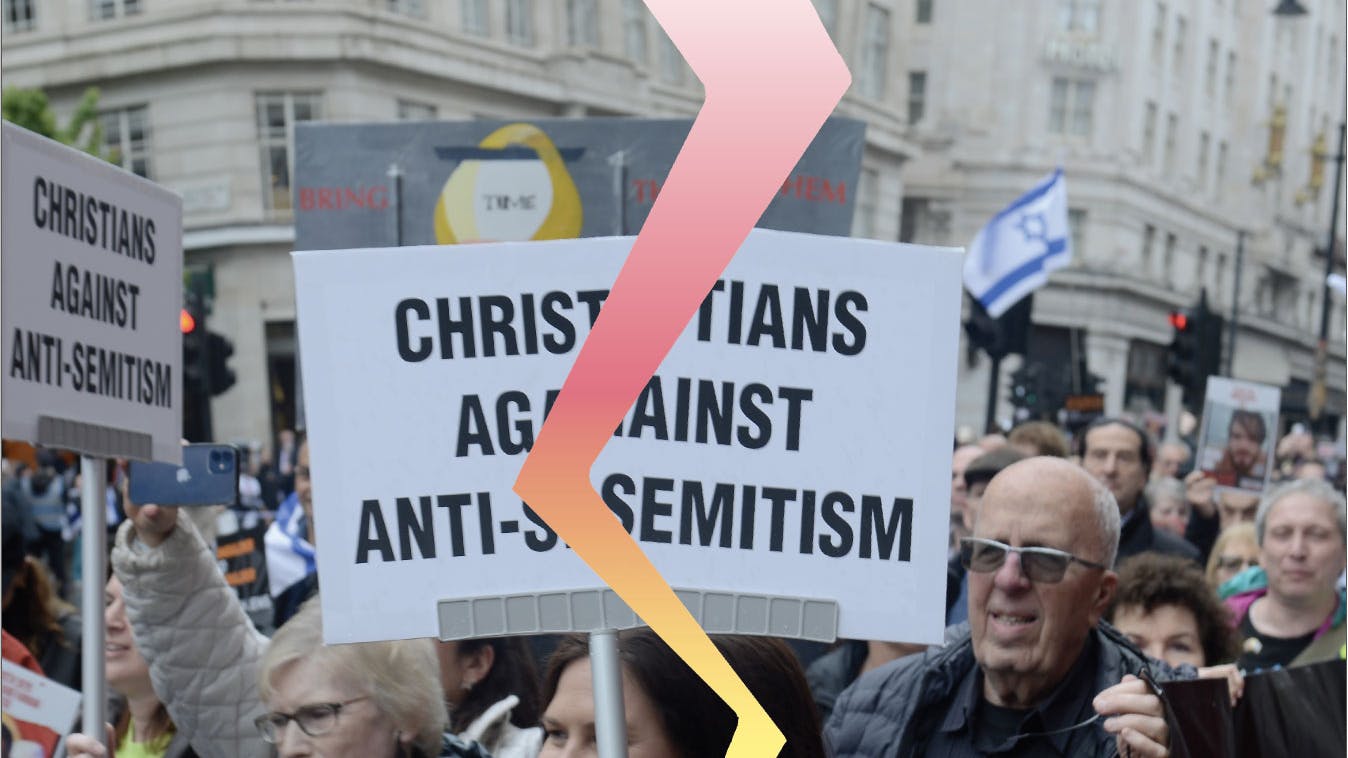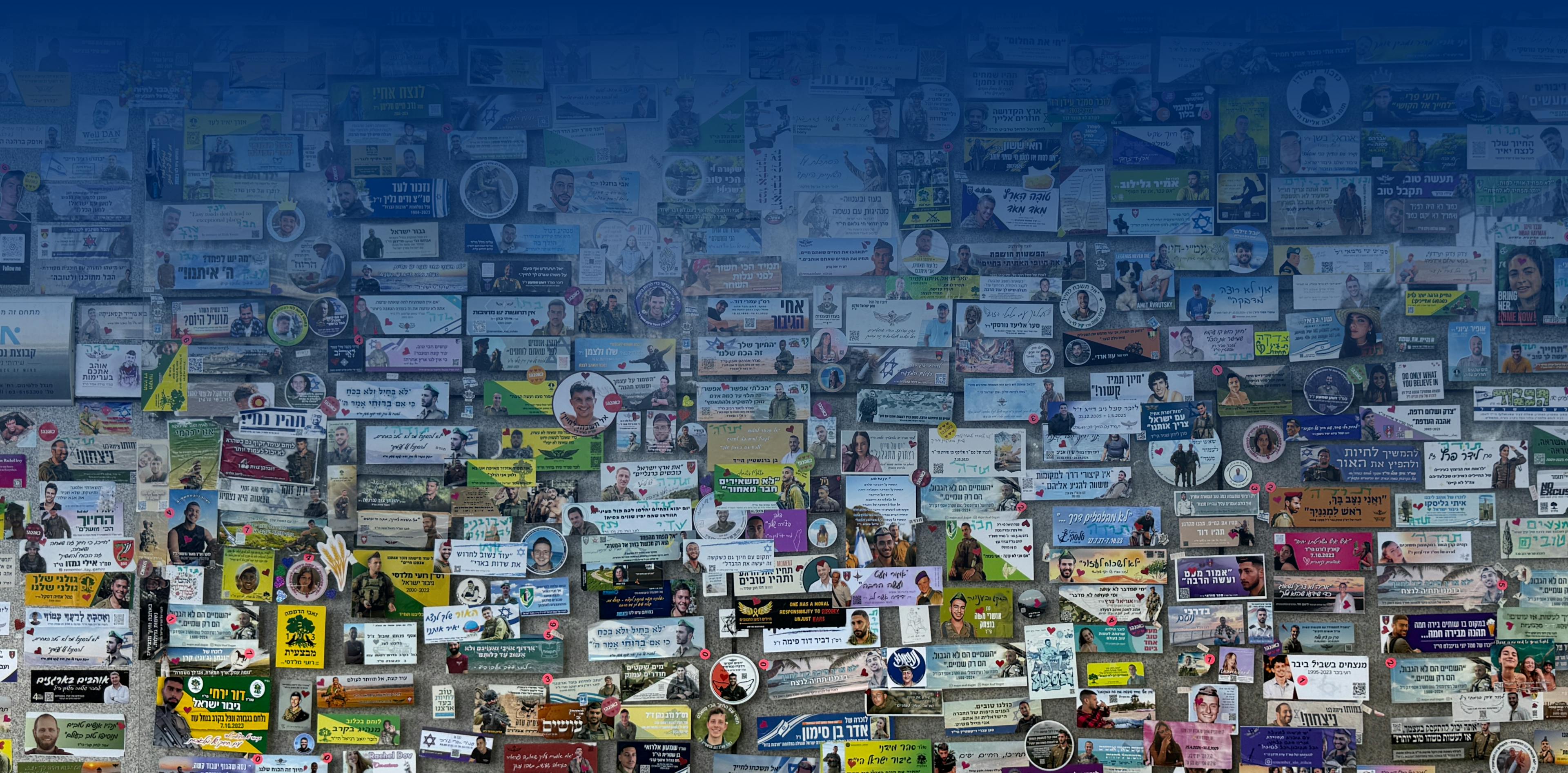
Bring Comfort to the Brokenhearted
Israel Is Hurting. Your Help Matters.
Through your generosity, broken hearts in Israel receive counseling, emergency support and tangible expressions of God’s love. When you give, you stand alongside hurting families, helping restore strength, dignity and hope for the future.

ignite a fresh passion for the bible
What if you could read the Bible from the very stage where it unfolded?
Join believers worldwide in a year-long journey through God's Word—not just reading about ancient events, but experiencing them from the actual landscape where they happened.
Each week’s reading comes alive through teaching videos filmed on location at the actual biblical sites. Open your Bible while standing (virtually) in Israel itself. Walk the planes of Jericho where Joshua conquered. Wander the hills where David faced Goliath. Explore the shores of the Galilee where Jesus taught.
This isn't just Bible reading. It's a living encounter with God's Word in the land and through the people that shaped it.
Faith Expressed Through Action in 2025
In 2025, Bridges for Peace’s impact was felt in every corner of Israel and beyond—thanks to supporters like you. Together, we donated bomb shelters, revitalized communities, blessed 5,500 orphans, strengthened Israel’s leading organization for children with special needs, and equipped search-and-rescue teams at home and abroad. Your partnership made love in motion tangible, proving the global Christian family stands with Israel.
From comforting survivors after missile strikes to sponsoring aliyah flights and supporting rescue units worldwide, your generosity brought hope, comfort, and practical support when it was needed most.
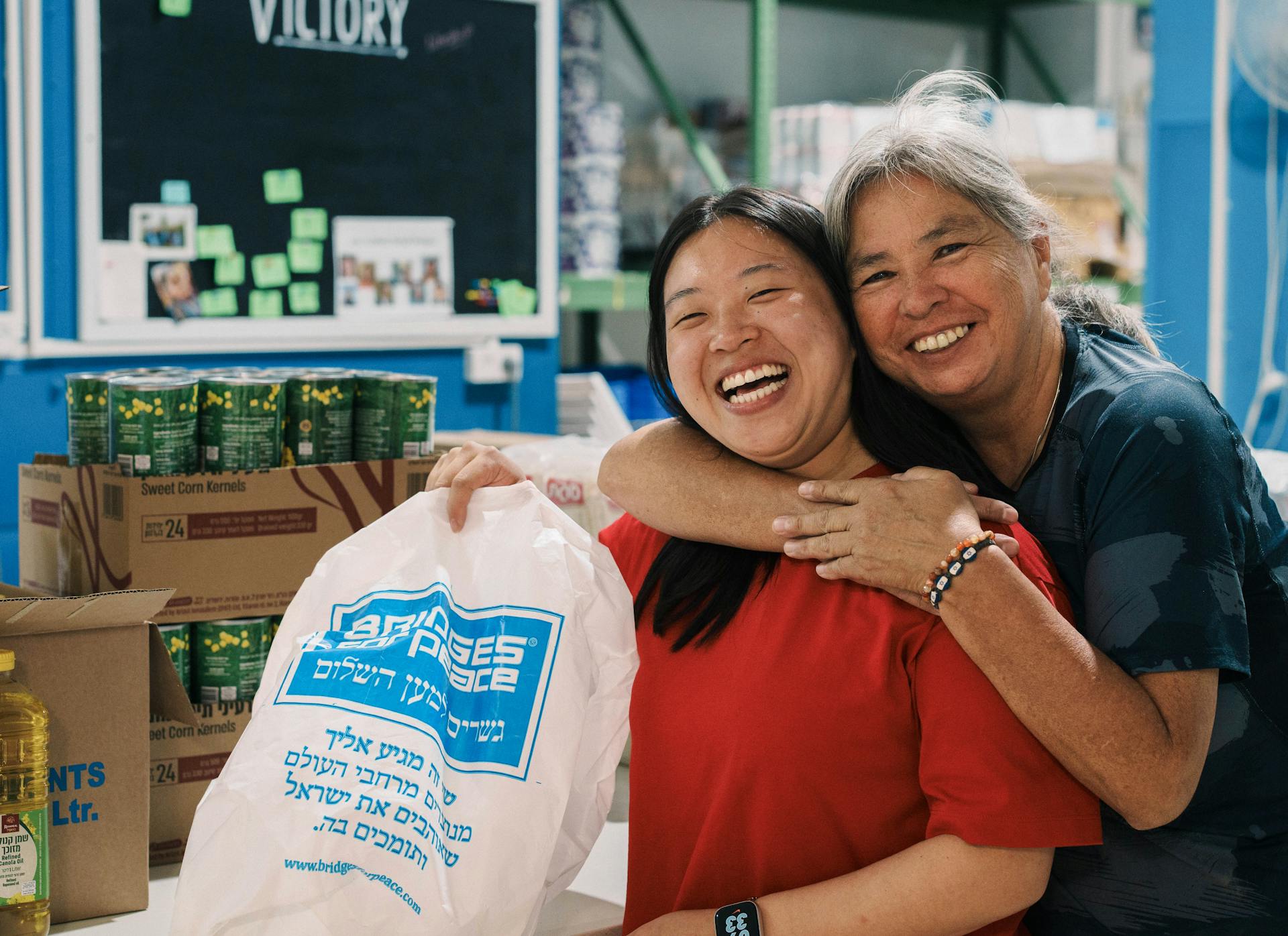
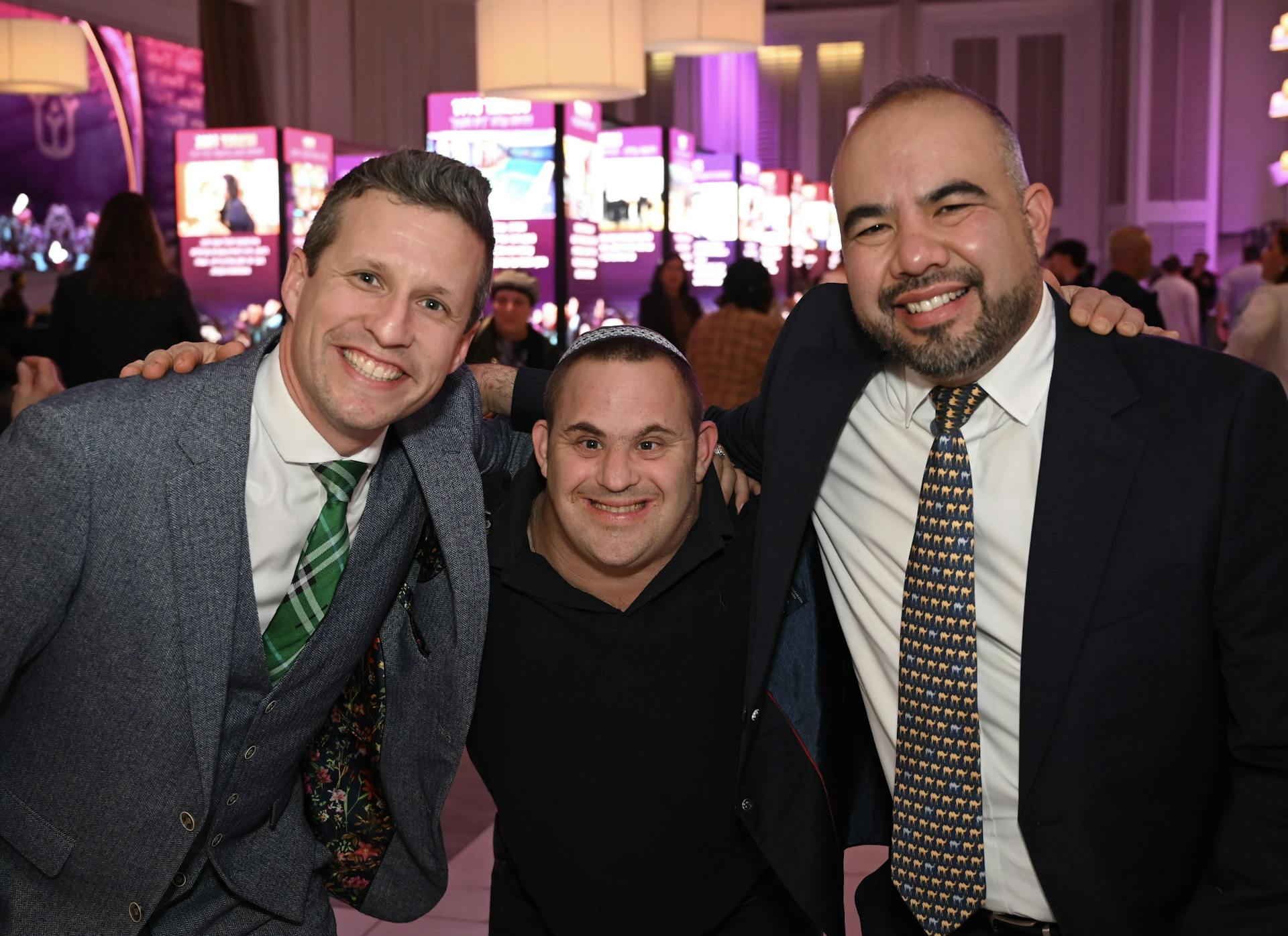
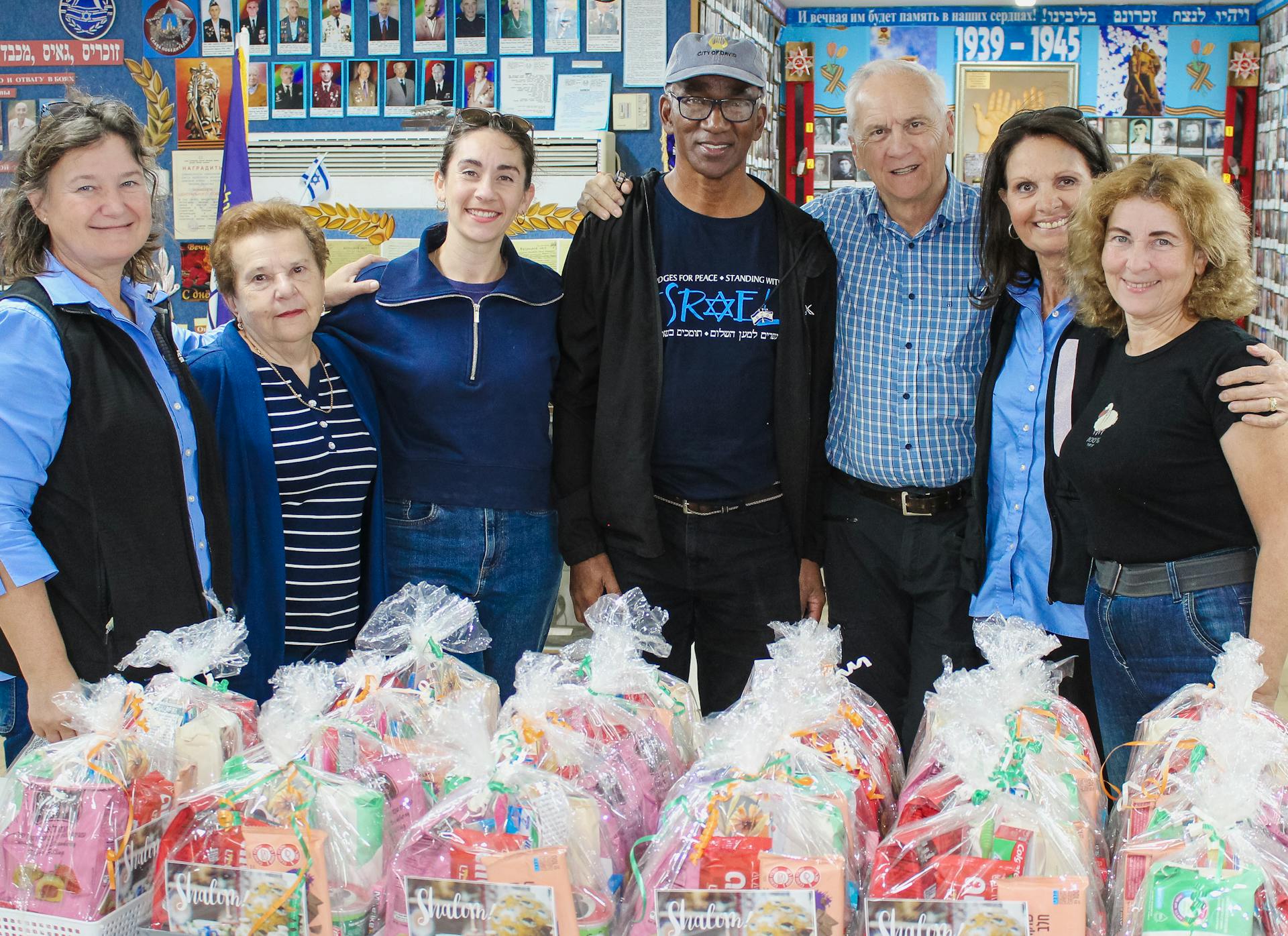

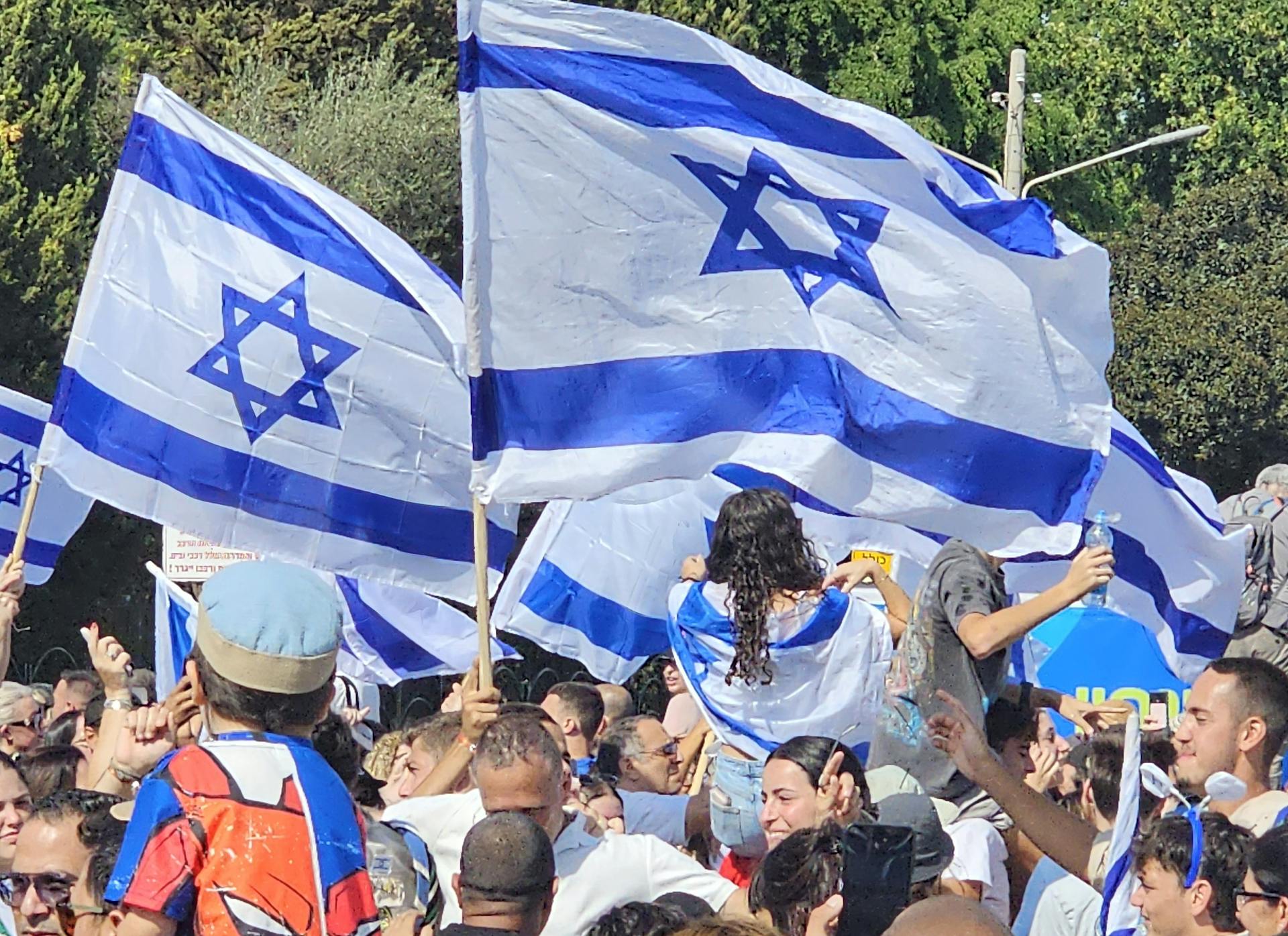

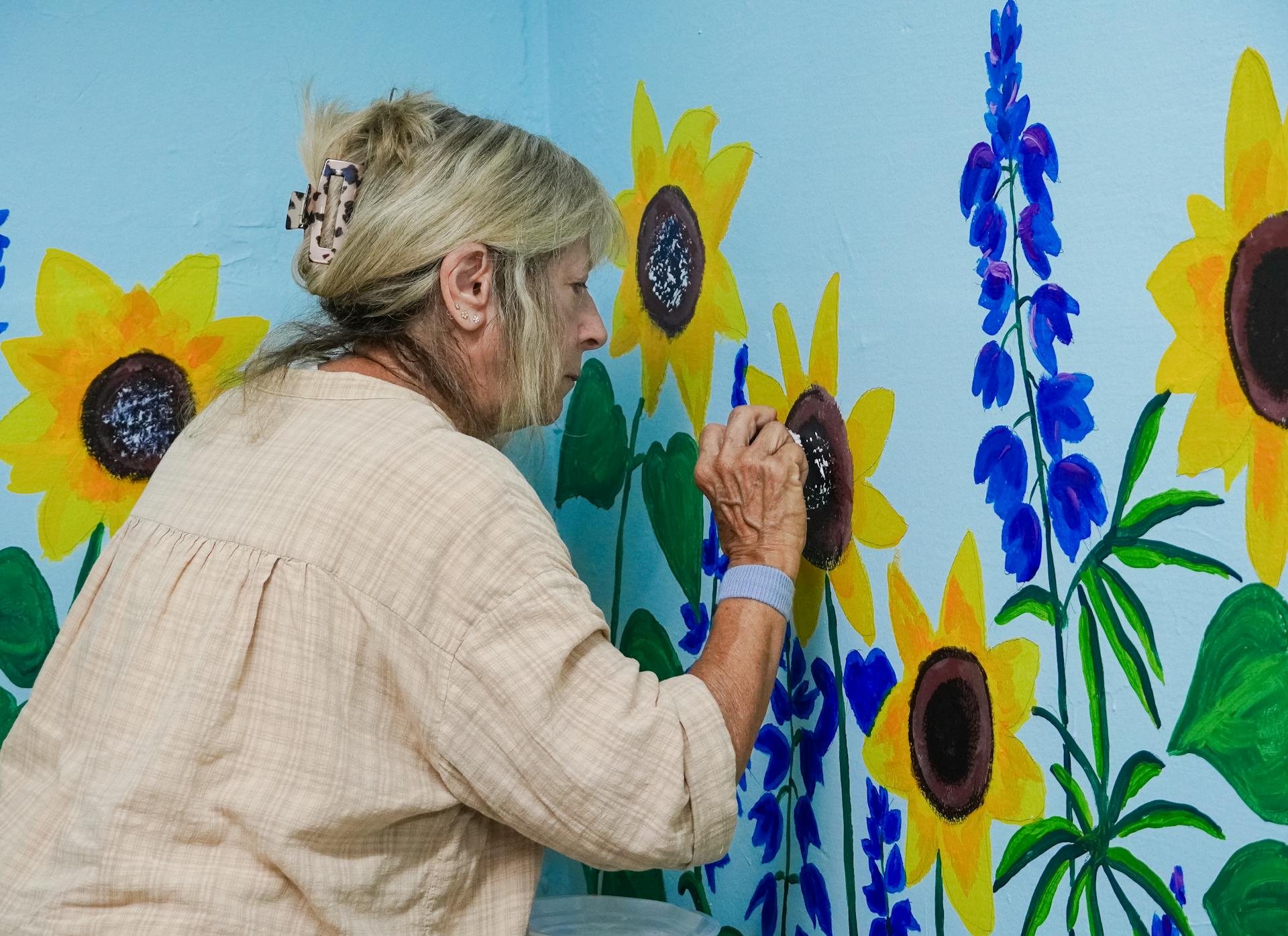
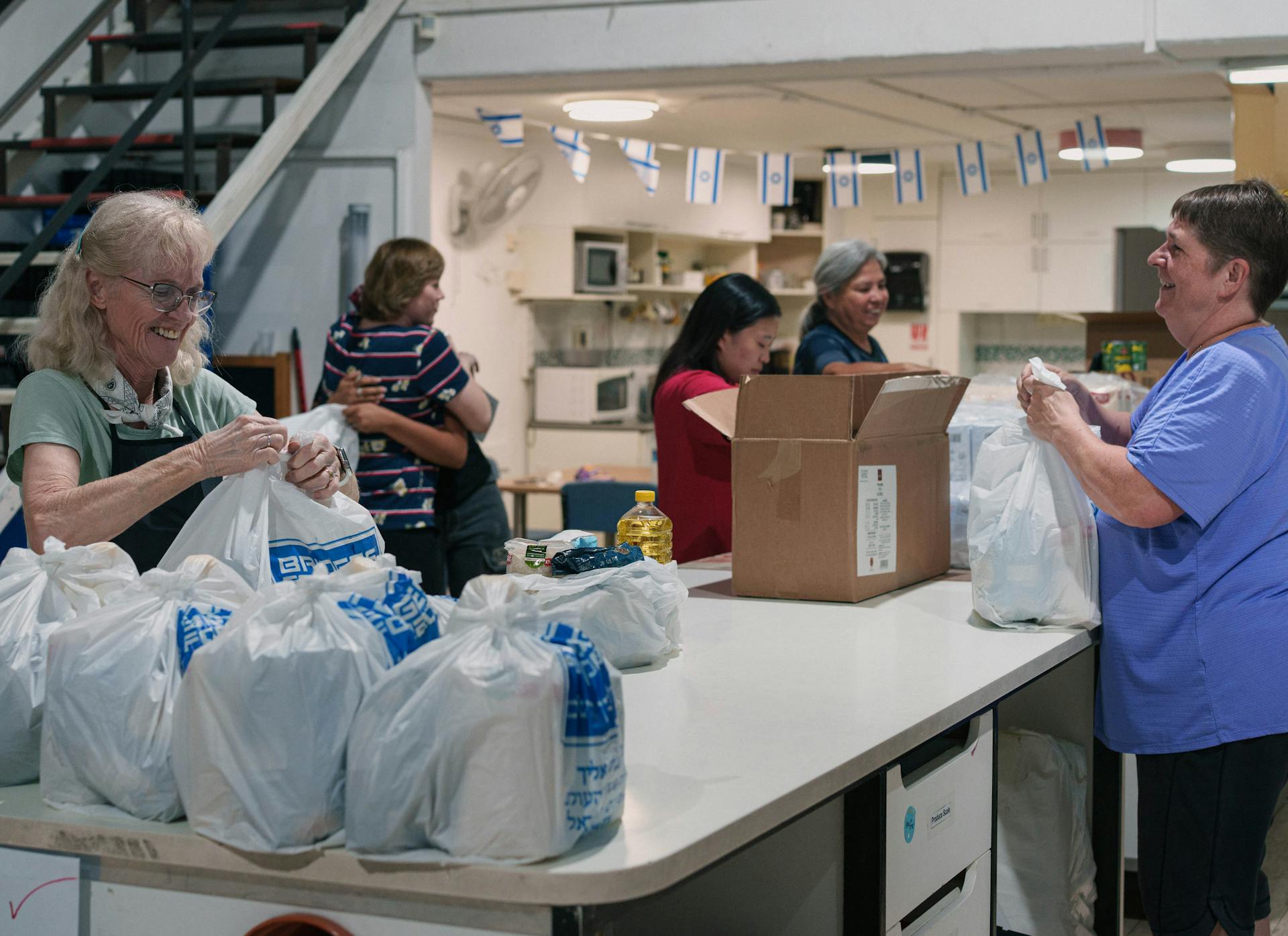
Our Impactful Programs
Make a difference in Israel through our activities.
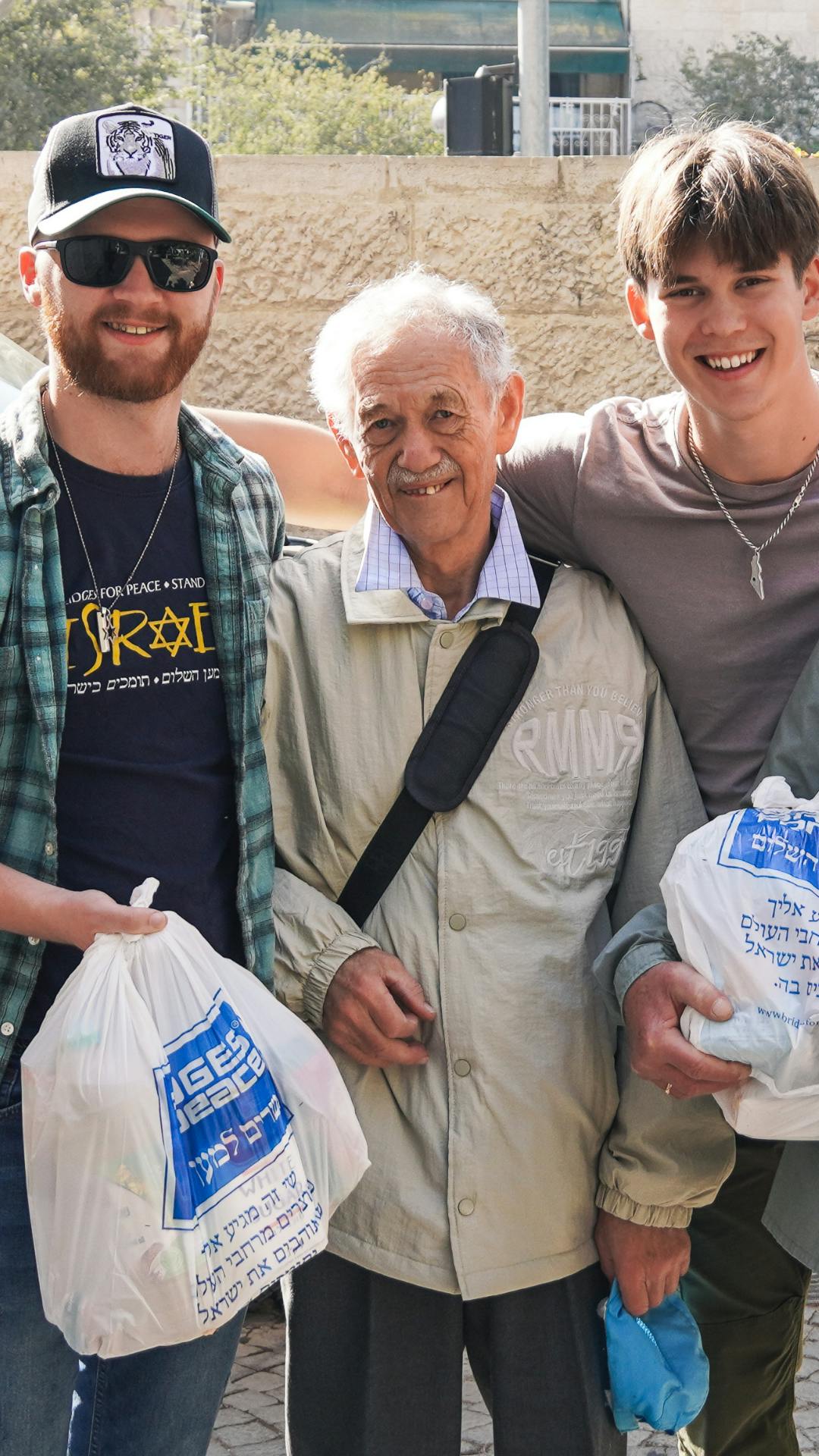
Lifeline for Israel’s Needy
Offer critical support to Israel’s most vulnerable populations: Holocaust survivors, widows, orphans and needy families. Through practical help like home repairs, dental treatment and food, your partnership ensures that no one is forgotten and that dignity and hope are restored to Israel’s most at-risk citizens.
You can give a one-time or through a monthly pledge, you can adopt an Israeli community and walk alongside its residents as they restore stability, dignity, and hope.
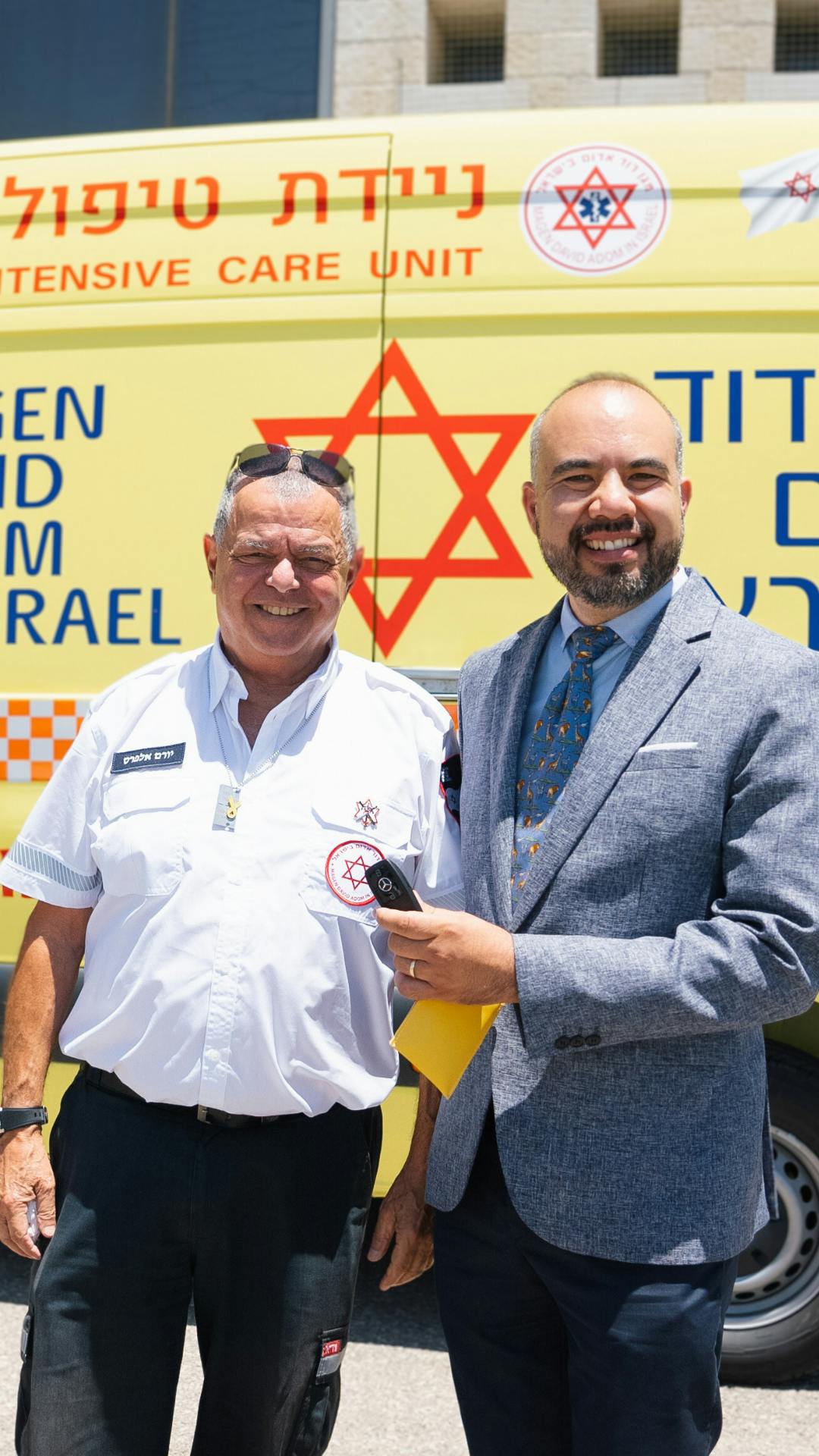
Crisis Response
Provide urgent assistance in emergencies: terrorism, war, natural and manmade disasters. This fund supports bomb shelters, ambulances, trauma care and immediate financial help for victims. When missiles fall or terrorists strike, we are there, responding with the tangible love of God.
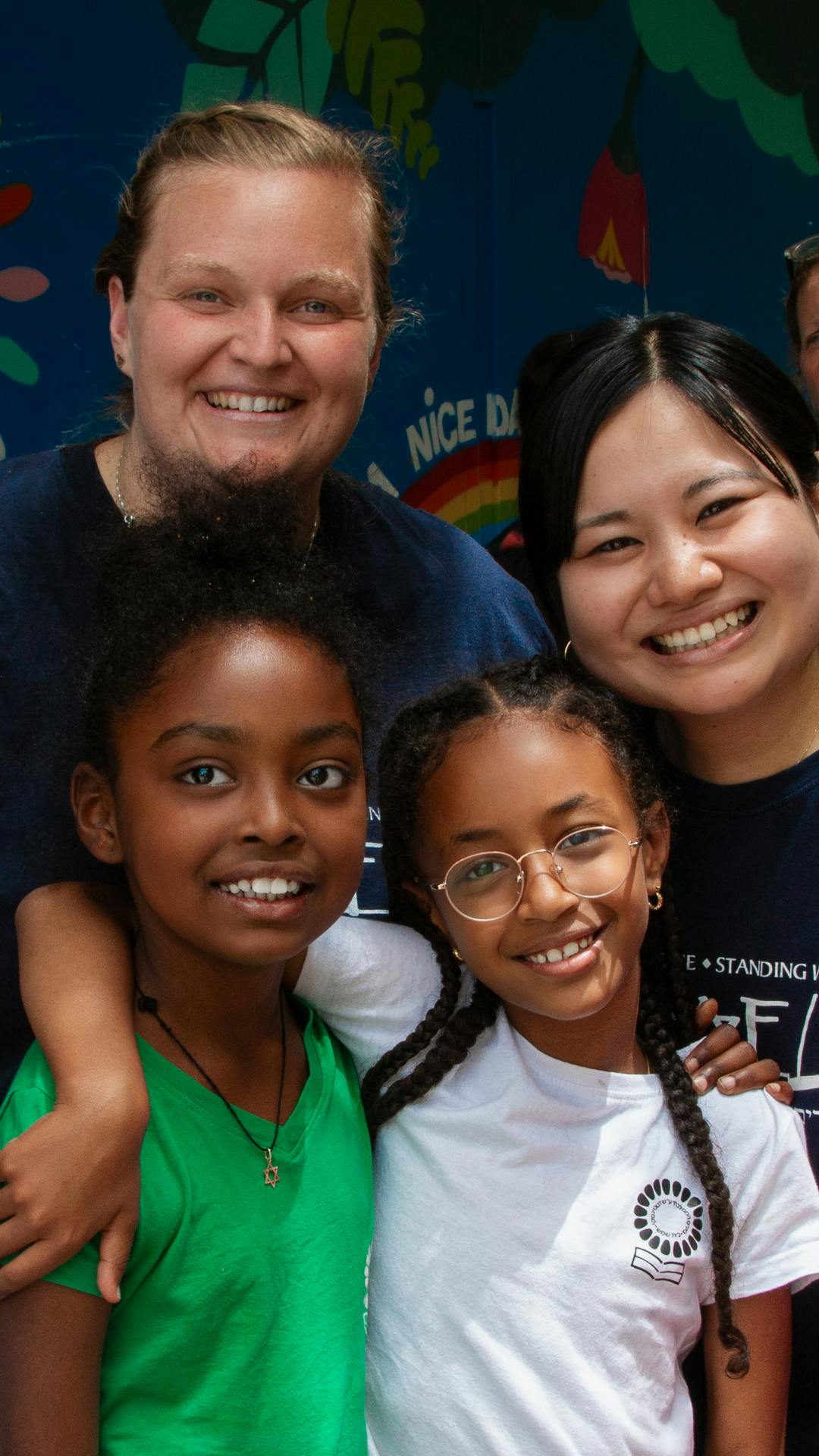
Feed a Child
Build Israel’s future by equipping children from struggling families with what they need to thrive. These children need more than a hot meal. They need to know they are loved and remembered. Your support provides nutritious meals, school supplies, backpacks and encouragement that lifts their spirits and strengthens their future.
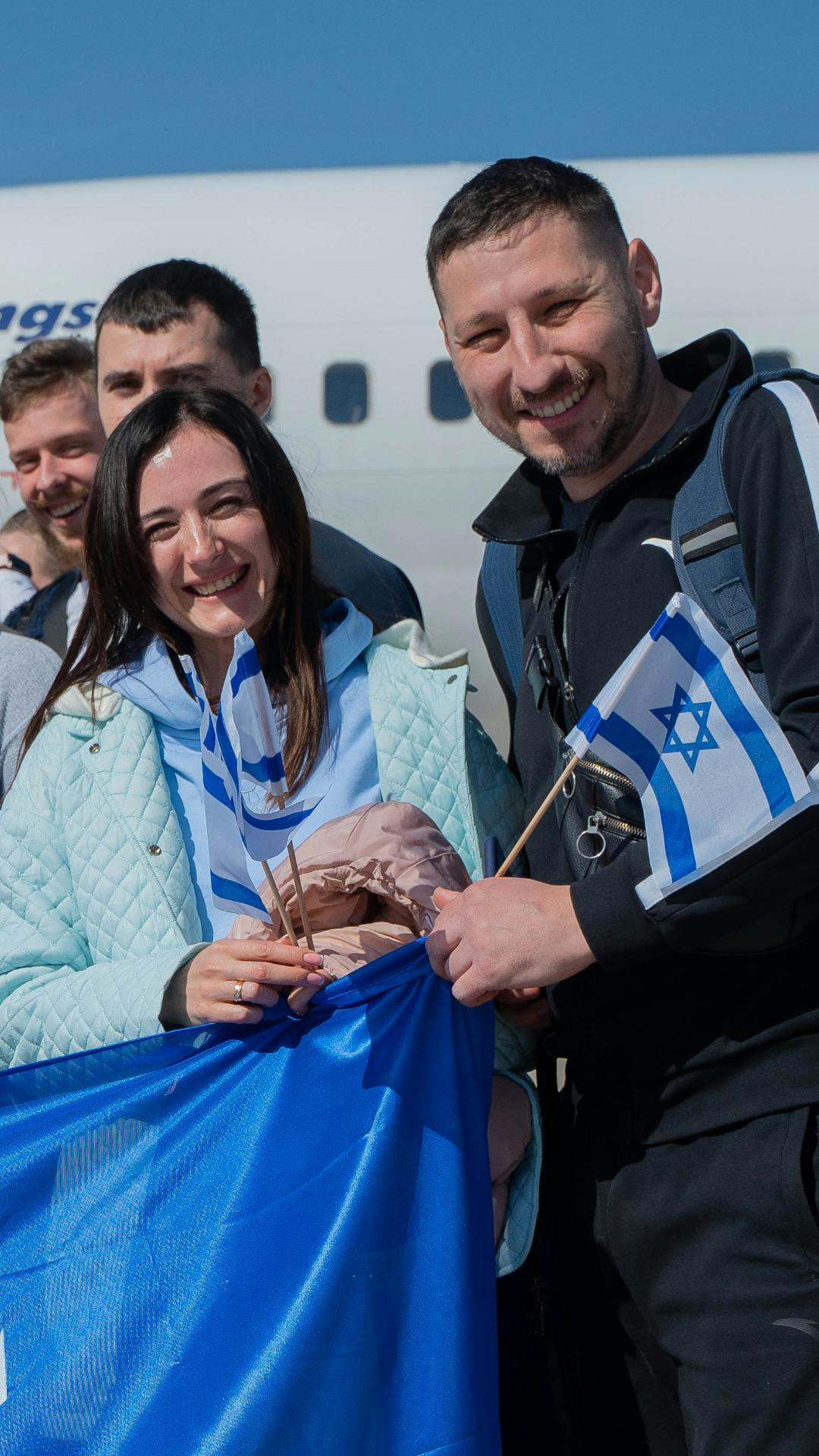
Project Rescue
This is a prophetic moment, and you are part of it! This fund fulfills the biblical mandate for the nations to help the Jewish people return to their homeland (Isa. 49:22; Zech. 8:7–8). We bring persecuted Jewish families safely home to Israel and support needy Jewish individuals unable to make the journey. Your giving helps unfold prophecy before our eyes.
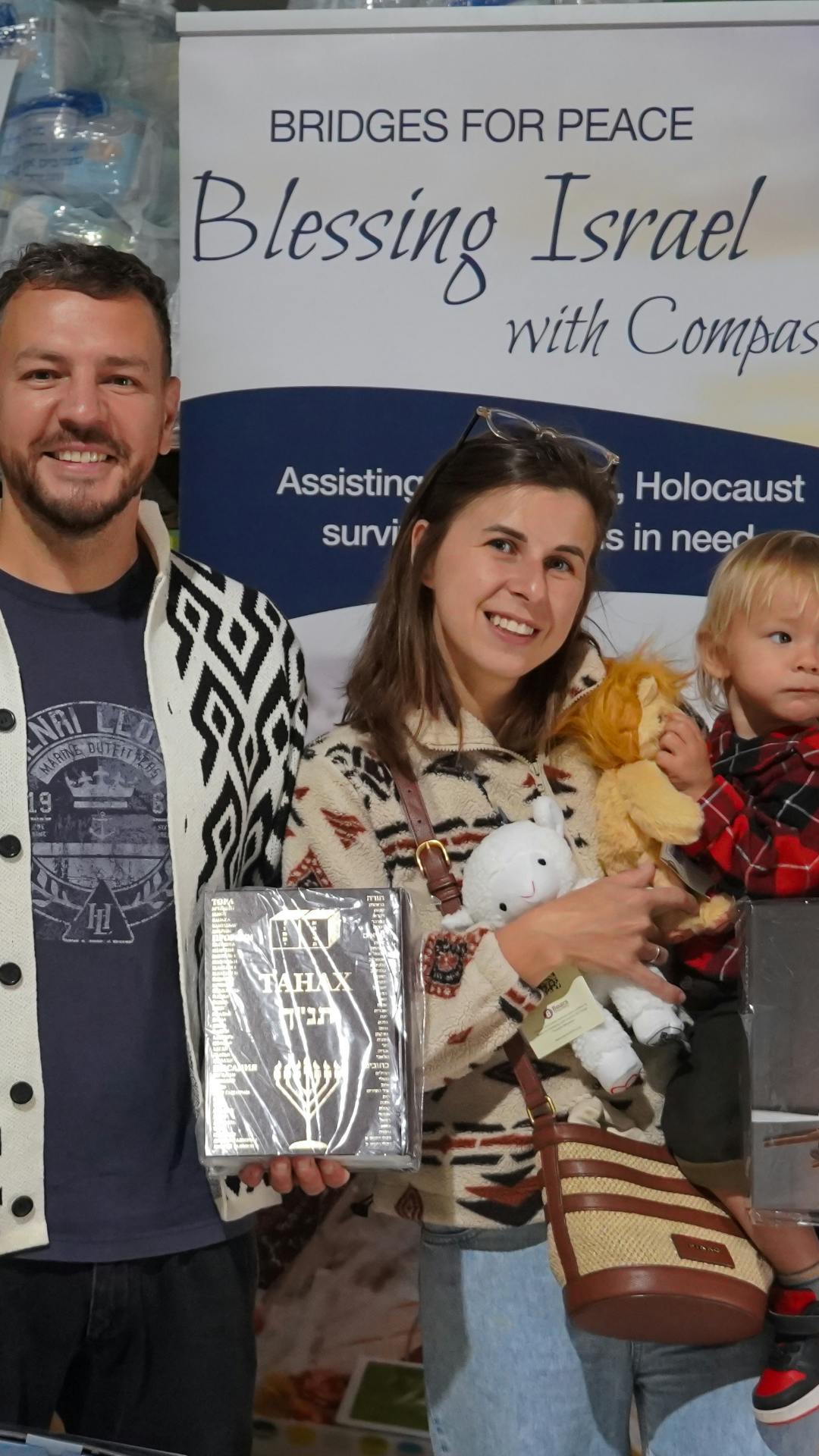
Bless an Immigrant
Empowering new immigrants to truly thrive in Israel! Your support provides the essential support and resources they need to start strong, integrate into Israeli society, and build a vibrant future in the Promised Land. Together, we’re helping them flourish in a land of promise and hope!
You can make a one-time or regular gift to support our work in blessing immigrants. You can also adopt a new immigrant today with a special monthly pledge, and stand with that person as he or she builds a new life in Israel!
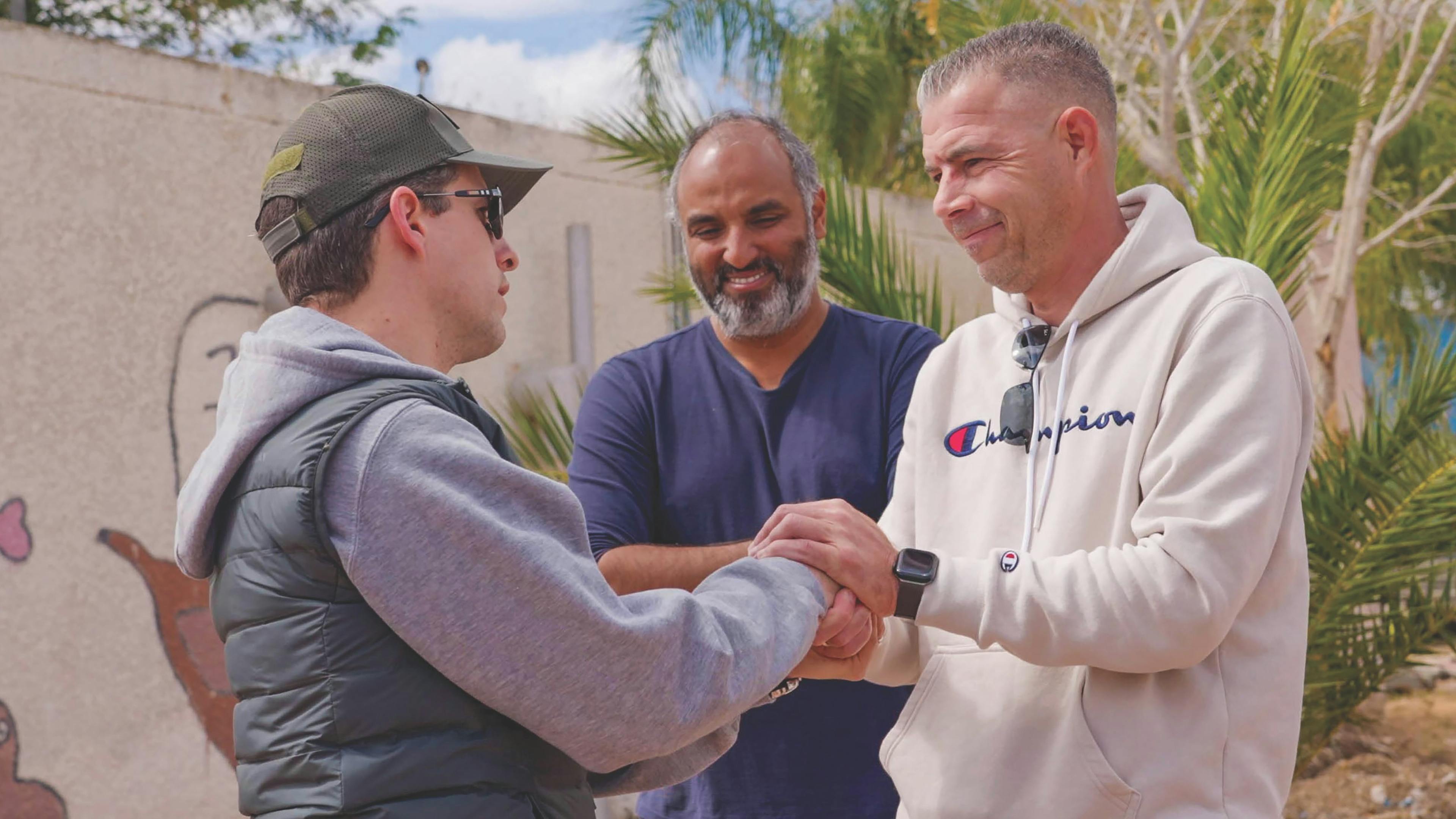
Transform Hearts and Lives In Israel Now Give, Learn, Visit, Serve!
Ready to take the next step toward making a difference in Israel? Here's how you can join us on our mission:
Donate and Become a Partner
Your generous contributions help bring hope, healing, and tangible expressions of God’s love to those in need. Partner with us today and become part of what God is doing in Israel—bringing blessing to the Land and the Jewish people.
Stay Connected and Learn with Us
Browse our resources and become an ambassador in your community. You'll learn about current events in Israel, how to dive deeper into the Bible from its original context, Bridges for Peace's current projects and activities, and much more.
Explore our Projects in Israel
Learn about all the different projects Bridges for Peace does on the ground in Israel to bless the nation and the Jewish people, including our food bank, blessing Holocaust survivors, welcoming new immigrants, assisting in times of crisis, and much more.
Serve and Bless in the Land
Ready to roll up your sleeves and make a tangible impact? Join us in serving at our Food Bank or in Israeli communities through volunteer opportunities and service projects. Your hands-on involvement can truly change lives.
Gift Planning
Learn about how planned gifts can support Israel while also helping to provide a secure future for your loved ones. Your kindness to bless the Jewish people with practical demonstrations of Christian love will be a blessing to those who follow, and it will ensure that the mission of Bridges for Peace will continue far into the future.
Join the G. Douglas Young Legacy Society
A planned gift of any size qualifies for membership in the G. Douglas Young Legacy Society (named after our founder). We invite you to join this special group of supporters dedicated to making a lasting impact on strengthening relationships between Christians and Jews in Israel and around the world.
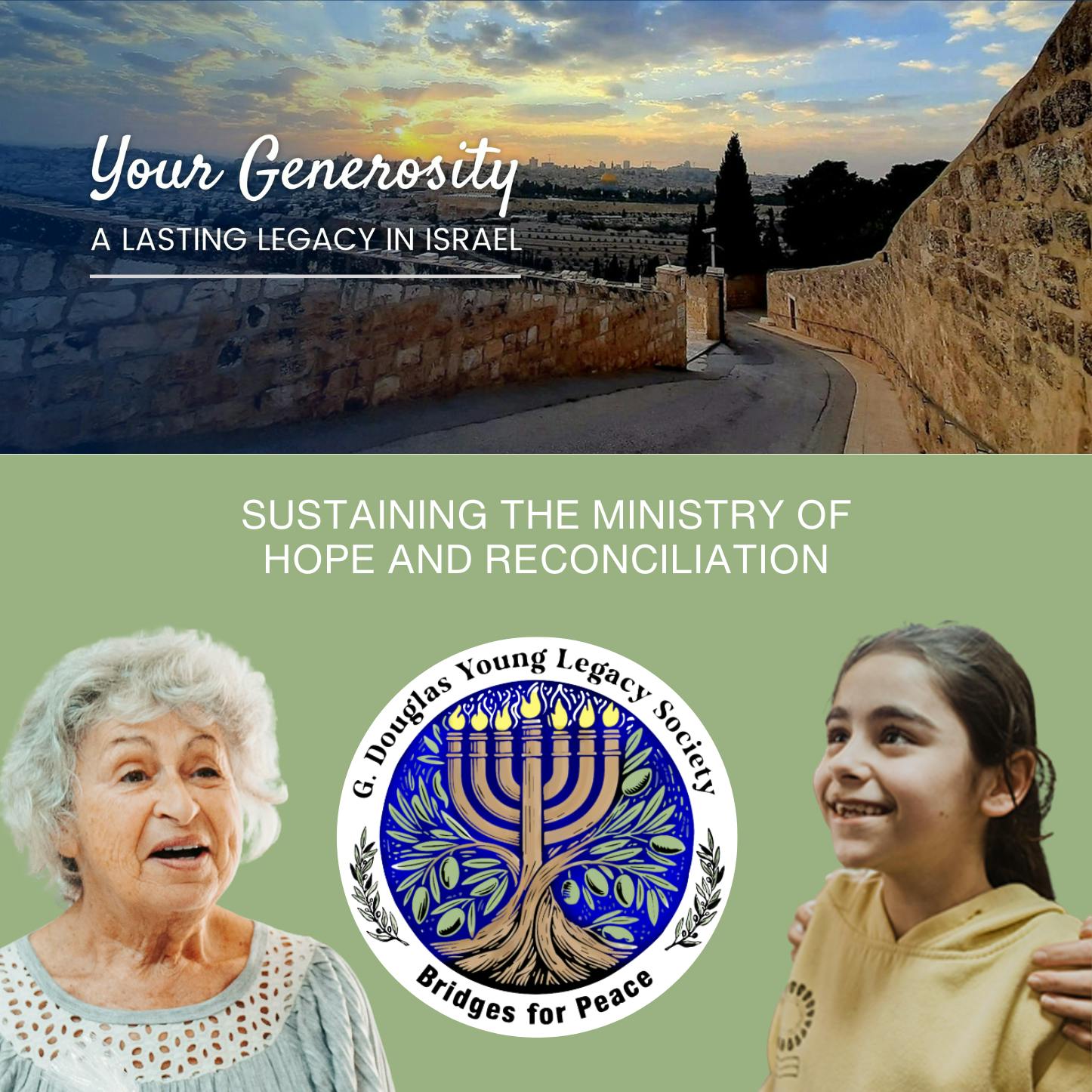
A Legacy of Unwavering Support
Over 58 years of blessing the nation of Israel and the Jewish people
Bridges for Peace works to encourage meaningful relationships between Christians and Jewish people in Israel and around the world. It is our goal to educate believers and the worldwide Church on the importance of standing with Israel and the biblical roots of our faith.
Join us in countering antisemitism around the world and support Israel’s right to exist in her God-given land. It is time for Christians to speak up for our Jewish brethren and stand with the nation of Israel. Bridges for Peace will continue in the vision of our founder to be a blessing; to earnestly pray for the peace, safety, and well-being of this nation; and to build meaningful, unconditional relationships between Christians and Jews in Israel and around the world.
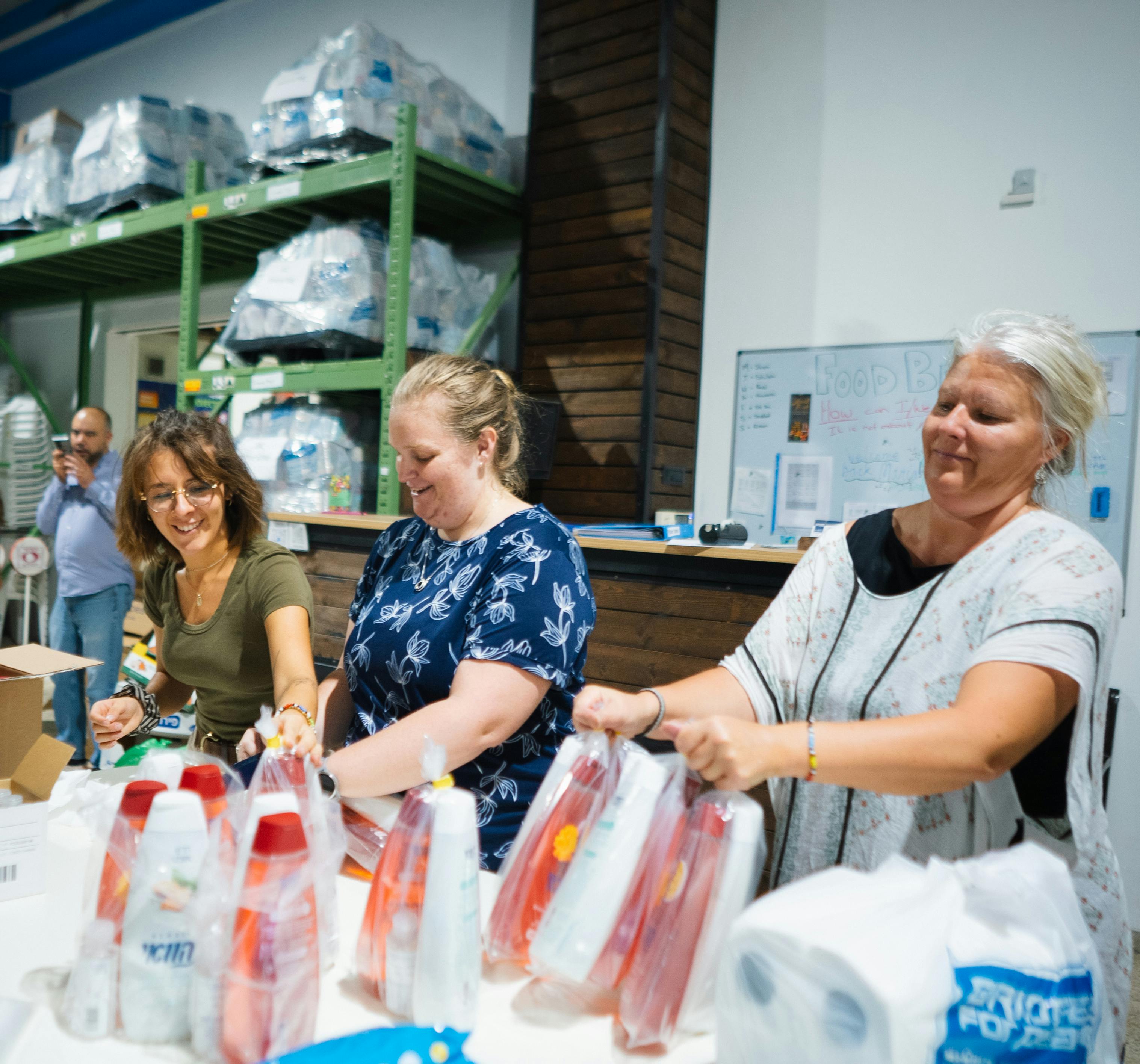


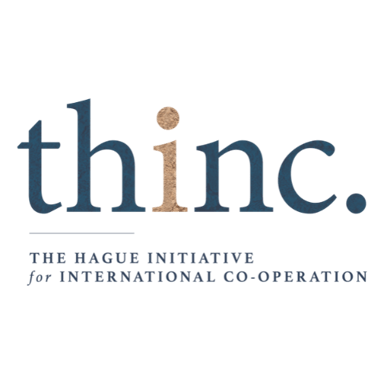


Voices of Impact: Stories from Our Community

"Every day since the beginning of the program and until now, I have food at home and I have no worries about the coming weeks in my head, and these are not just empty words. Thanks to this confidence and freedom in the distribution of time, I have..." made significant progress in my specialty, which I am incredibly happy about.
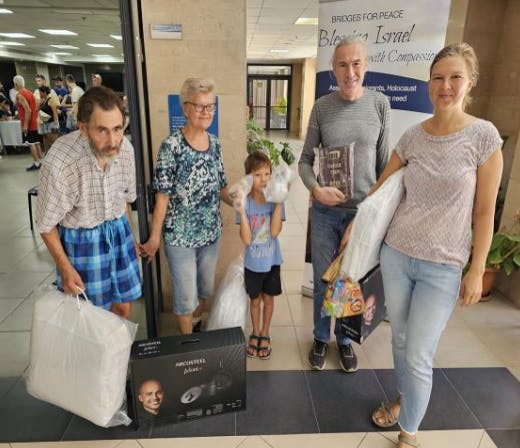
"So far, we have received a lot of support, and of course the gifts and kind words from the..." Bridges for Peace organization have come in handy. We have already evaluated the quality of the pots and pans, and of course a warm blanket will be very useful to us in winter. My husband began studying Tanakh with pleasure. We thank Bridges for Peace and wish everyone peace and prosperity.
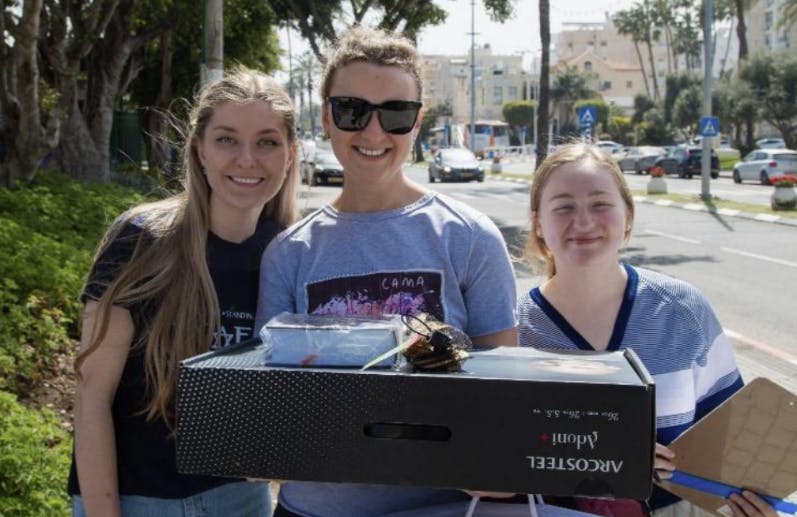
"Shalom! My name is Ksenia. In August 2023, I moved from Moscow, Russia to Akko..." Israel. While in Russia I participated in tenders and competitive auctions in electronic form, first in a hydro-generating company, then in an energy company with a total work experience of 13 years. I also baked cakes to order at home. In 2022, my younger brother moved to Akko, among other things, because of the situation in Russia, and I stayed in Moscow to wait in line for the consular appointment. When I moved, my brother told me about Bridges of Peace and suggested that I could apply for a welcome gift. I am very happy with such a generous gift, because I have wanted good dishes in the house for a very long time, I am very satisfied. Thank you very much!
Stay Connected With The Heartbeat of Israel
Access teachings, articles, videos and updates to enhance your understanding of the Bible and Israel.

Discover Your Purpose and God’s Heart For You
In today's divided, turbulent world, it's essential for the Church to rediscover God's heart. Our free e-book, authored by a seasoned expert with three decades of experience in Israel, delves deep into the teachings of Jesus (Yeshua) to reveal God’s principles of love and purpose. Learn how embracing these truths can bring significance and impact to your life, even amidst chaos. Subscribe now to receive your free copy and embark on a journey of transformation.


